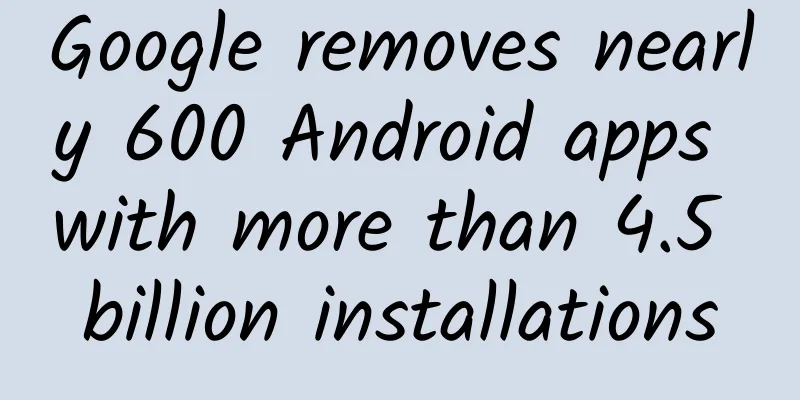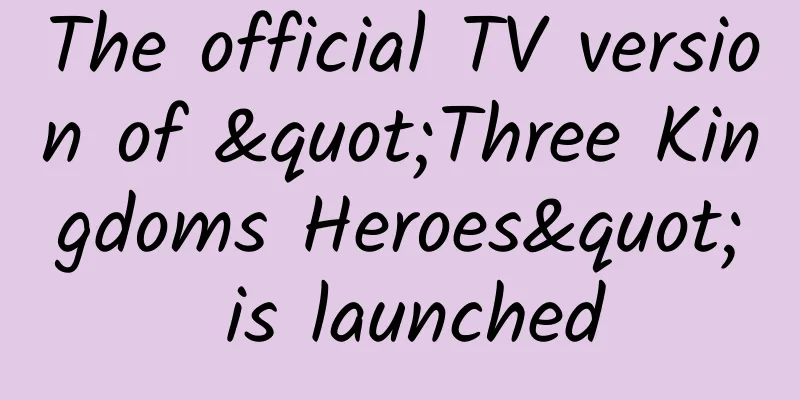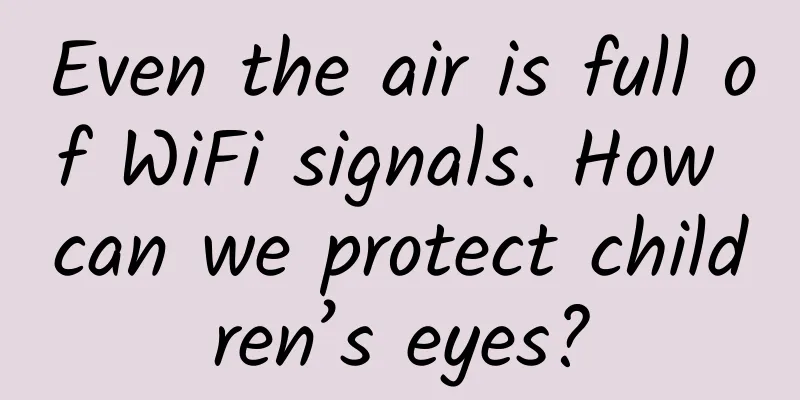Google removes nearly 600 Android apps with more than 4.5 billion installations

|
According to foreign media reports, in its recent large-scale crackdown on ad fraud and "disruptive" advertising, Google has removed nearly 600 Android applications and banned their developers from entering the Google Play Store and its advertising network. The largest developers banned from Google's app store and ad network include Cheetah Mobile, which was revealed to have engaged in ad fraud in November 2018. Google subsequently removed Cheetah Mobile's offending apps but allowed it to continue offering other apps in the app store. However, as of the morning of February 20, local time in the United States, approximately 45 applications of Cheetah Mobile in the Google Play Store have all been removed, and these applications no longer display ads on Google's advertising network. Per Bjorke, Google's senior product manager for ad traffic quality, said the apps removed had been installed more than 4.5 billion times, were primarily targeted at English-speaking users, and were developed by developers from China, Singapore and India. Bjorke declined to name specific apps or developers, but said many of the banned apps were utilities or games. In 2019, Google also banned developer Chubo after BuzzFeed News and a security firm provided evidence that Chubo had not actually changed its behavior even after notifying Google that it had stopped running a large number of “disruptive” ads. Google's policy against "disruptive" ads prohibits developers from continuing to display ads when their apps are not in use, and also prohibits ads from being displayed in a way that causes "inadvertent clicks." Bjork said an example would be an app showing a full-screen ad when a user is trying to make a phone call. "This is an intrusive tactic that leads to a poor user experience, disrupts key device functions like phone calls and GPS, causes inadvertent ad clicks, and wastes advertisers' money," Bjork said, adding that Google deployed new technology late last year to automatically detect if apps are showing ads when not in use. The change helped identify the offending apps and developers, leading to today's ban. "When violations are first detected, we issue notices and warnings to developers and allow them to correct the problem," Bjork said. "If they don't correct their behavior, we take strong action." He also said that while some offending apps and developers used similar techniques to display "disruptive" ads and avoid detection, it was unclear whether there was cooperation between them. Google has begun refunding brands that display disruptive ads. |
<<: What should I do if WeChat login is restricted? Here is the most detailed official tutorial
>>: OPPO Chip Manufacturing: Long-term and Short-term Concerns on the Edge of Top 5
Recommend
Electric Technology Car News: When the younger generation leads the trend, Changan is going against the trend. Can the gradually mature Ford EcoSport successfully take the lead?
If you own a small SUV, what do you want from it?...
Breaking news! The Wenchuan mudslide has caused 4 deaths. How to deal with the mudslide?
According to Sichuan Emergency News today, the We...
How to stay warm and comfortable in winter with air conditioning? Don’t be blinded by the short-term warmth
Gradually, the winter cold has gradually intensif...
Song Hongbing Hong Academy 2021 live class video, building a new financial thinking system
Song Hongbing Hong Academy 2021 live class video,...
Deconstructing Pinduoduo’s fission activity method!
On August 29, 2019, Pinduoduo launched the "...
Just one change when steaming rice can help you stabilize your blood lipids and blood sugar! Share it with those who need it!
Rice is an important staple food on the table and...
A practical user growth plan!
Using fission to achieve user growth can be said ...
China Customs: China's semiconductor manufacturing equipment imports in Q3 2023 soared 93% to RMB 63.4 billion compared with the same period last year
According to recent news, although the United Sta...
Momo information flow advertising placement skills and operation ideas
From the perspective of netizens, the essential d...
"Highly Disseminated" Fission Poster Design Routine
Visual aesthetics is prevalent nowadays, and visu...
Let’s talk about user churn analysis in the simplest way
Churn analysis is not about analyzing the problem...
The closure of domestic online storage has made users worry about where the next outlet will be.
【51CTO.com original article】Since last year, rele...
What is the reason for inaccurate mobile phone positioning and how to solve it
First of all, we need to know the principles and ...
WeChat external link regulations have been updated: These behaviors are not allowed
WeChat recently announced that it will upgrade th...









